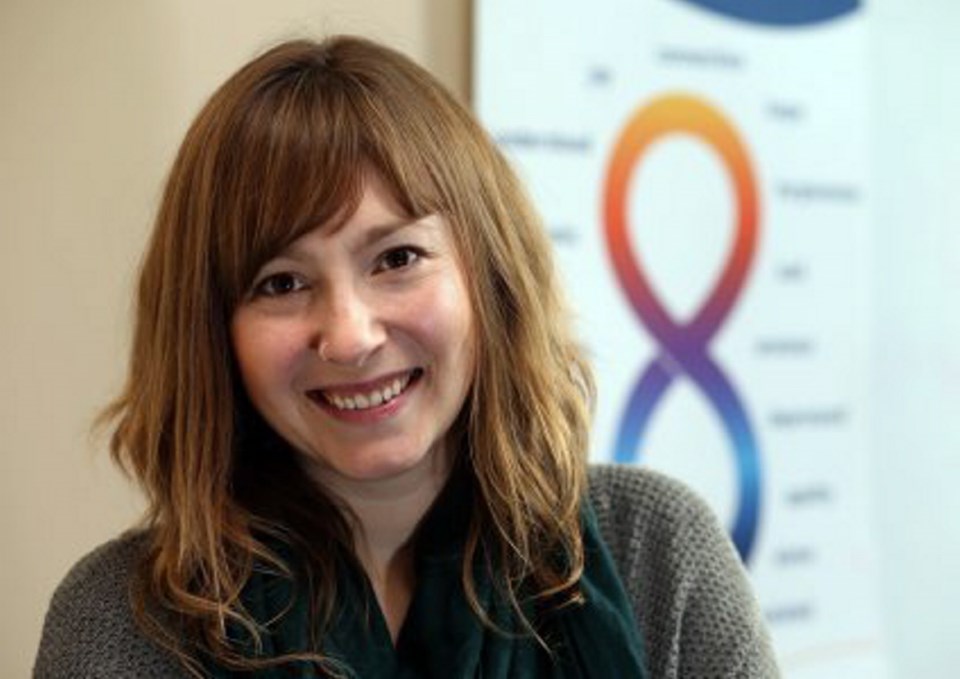An accessible and supportive program for youth experiencing loss is reaching a wider audience, thanks to funding from the Victoria Foundation.
In 1988, the late Sandra Elder, a respected academic researcher in the field of grief and loss, created Learning Through Loss, a program aimed at providing grief education and support groups to youth ages 10 to 18.
Over the past 28 years, the program has provided support and healing to hundreds of young people. The program is built on understanding the strength of youth peer support, belonging and guidance by a qualified clinical counsellor.
“Young adults between the ages of 10 and 18 are in a unique developmental stage,” said Shauna Janz, executive director of the Friends of Living and Learning Through Loss Society. “They are in identity formation stage of their lives. It is a stage where they are less likely to reach out to family and have not much understanding about grief.”
She said that advice from peers, who typically play a large part in their lives at this stage, is lacking because they might not have experienced grief and loss, either.
The Learning Through Loss program offers educational workshops delivered in schools and community organizations. The workshops help develop an essential life skill by enhancing awareness and knowledge about grief, teaching youth healthy tools to cope and connecting them with appropriate resources.
The program reaches more than 4,000 young people a year.
A $3,300 grant from the Victoria Foundation will go toward a community education project to provide training to youth, parents, youth-workers and professionals.
These educational workshops are meant to enhance the community’s understanding of youth grief and loss issues.
“We can now run a four-week program for peer mentors, host weekly educational training workshops and offer full-day training for professionals,” said Janz.
She said that even adults taking the workshops have gained an insight and understanding of loss in their own lives.
“It’s not just about death. Loss, in a broad definition, comes in many forms. It can come with a move, it can be from a social relationship or family,” she said. “It’s a common thread of loss.”
Loss often correlates to a person’s mental health and addictions — and family.
“Loss often hits home. When a person suffers, the whole family suffers.”
That’s why parents, youth workers and teachers are taught how to understand the language of grief and taught how to navigate the confusion to connect with young adults.
“Our large vision is to see the program eventually reach a wider audience in schools across the province,” Janz said. “It’s time to have this discussion.”
For more information, go to learningthroughloss.org.



